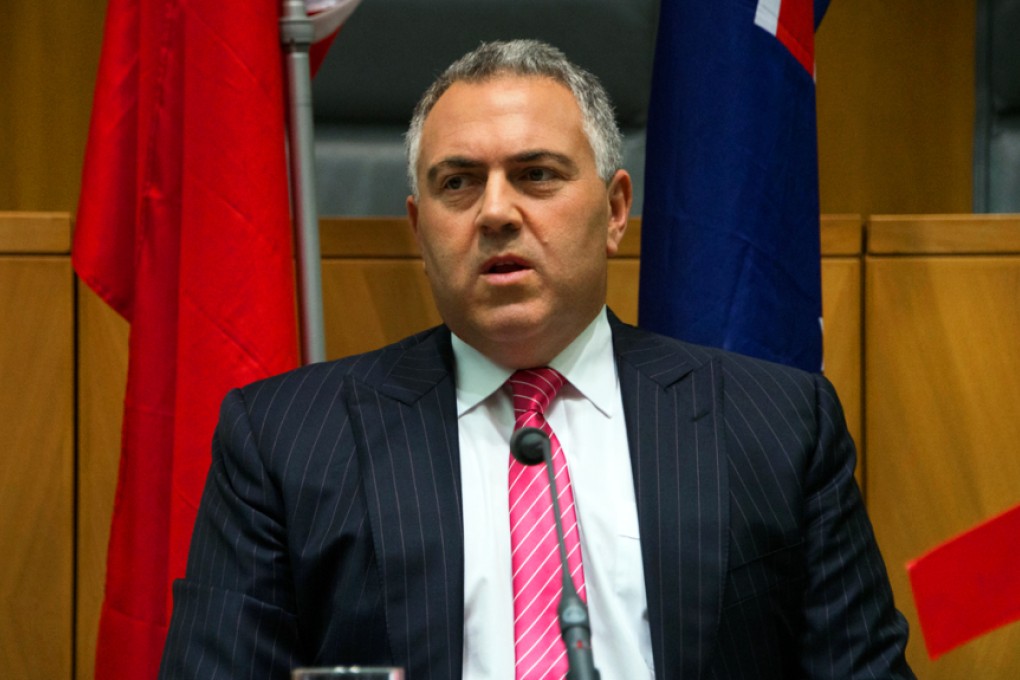AIIB welcomes Australia and Denmark, as more US allies apply to join Beijing-led bank
The two long-time US partners are the latest of more than 40 countries to apply to be founding members of the new Beijing-led development bank

China welcomed Australia and Denmark's move to join its new development bank on Sunday, with the two countries becoming the latest US allies to show support for Beijing's efforts to boost its influence in the region.
Australia's Prime Minister Tony Abbott, Foreign Minister Julie Bishop and Treasurer Joe Hockey said in a joint statement that the government would sign a memorandum of understanding to allow Australia to take part as a prospective founding member in negotiations to set up the bank.
"Good progress has been made on the bank's design, governance and transparency over the past few months, but we still have issues that we will address through ongoing consultations," the statement said. "Key matters to be resolved before Australia considers joining the [Asian Infrastructure Investment Bank] include the bank's board of directors having authority over key investment decisions, and that no one country control the bank."
Danish Minister of Trade and Development Mogens Jensen said the bank's establishment was "a significant and exciting development in the world order".
"Since many Danish trade … [and] development cooperation interests will be at stake in the AIIB, there are many reasons to engage in and influence the AIIB's investment decisions from its beginning," Jensen said.
In Beijing, the Ministry of Finance said it welcomed the decisions by Australia and Denmark. Should all existing members approve the applications, Denmark would become a founding member of the bank on April 12 and Australia on April 13.
On Saturday, Russia, Australia and the Netherlands joined the list of countries - now more than 40 - to say they planned to join the Beijing-led bank, adding clout to an institution seen as increasing China's regional and global influence.